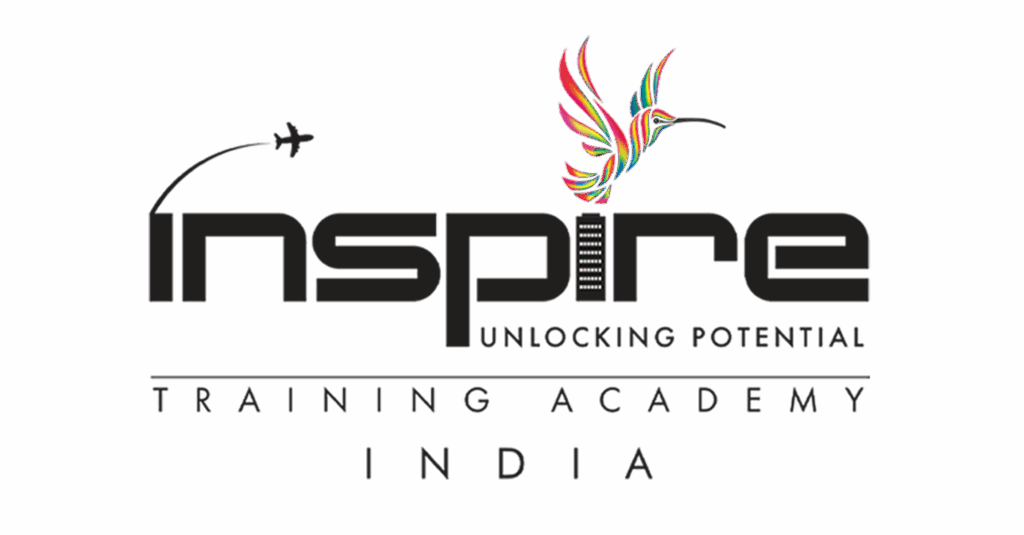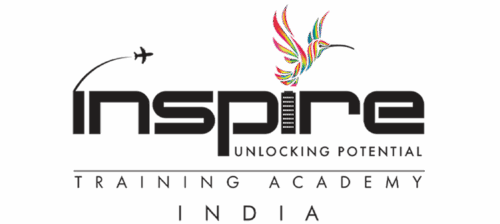Currently Empty: Free
Certified Professional Accountant Manager (CPAM)
The CPAM™ certification equips professionals with advanced accounting knowledge and managerial skills. It prepares individuals to handle financial reporting, payroll, taxation, receivables, payables, inventory, and cash management for organizations of all sizes and sectors. Designed for aspiring and existing accountants, auditors, and financial managers, CPAM™ opens career opportunities across corporate, government, and nonprofit sectors.
E-Course Duration: 30–35 Hours
Certification Validity: Lifetime
Certificate Accreditation: GAQM
Certified Professional Accountant Manager (CPAM)™
The Certified Professional Accountant Manager (CPAM)™ certification adds a prestigious professional designation to your title and strengthens your expertise in managing corporate finance. Accountants play a critical role in preparing, analyzing, and maintaining financial records, ensuring business viability and compliance.
With CPAM™, participants gain the ability to manage payroll, taxation, financial reporting, receivables, payables, and cash flow across diverse organizations. The program also provides insights into accounting theory, financial topics, and business decision-making processes, making it highly valuable for accountants, auditors, and finance professionals aiming for leadership roles.
The certification is globally relevant, opening opportunities in industries, corporations, firms, government institutions, and nonprofit organizations. Typical roles include Accountant, Auditor, Budget Analyst, and Financial Manager.
Course Details
E-Course Duration: 30 to 35 Hours
Exam Pattern: 50 Multiple Choice Questions (80% passing – 40 out of 50 correct)
Exam Duration: 60 Minutes
Exam Format: Online, non-proctored, available anytime within 8 months
Exam Attempts: 2 attempts per voucher (additional vouchers available for purchase)
Certification Validity: Lifetime
Course Outline
Module 1 – Accounting: Merchandising Transactions
Merchandising Transactions
Gross Selling Price
Returns and Allowances
Cost of Goods Sold
Classified Income Statement
Module 2 – Measuring and Reporting Inventory
Merchandise Inventory
Determining Inventory Costs
Four Inventory Costing Methods
Pros and Cons of the Four Methods
Journal Entries for Perpetual Inventory Procedure
Departures from Cost Basis for Inventory Measurement
Module 3 – Accounting: Control and Monitoring of Cash
Control of Cash
Internal Controls
Controlling Cash
Bank Checking Account
Bank Reconciliation
Petty Cash Fund
Module 4 – Accounting: Receivables and Payables
Accounts Receivable
Uncollectable Accounts
Write-offs and Recoveries
Current Liabilities
Notes Receivable & Notes Payable
Short-Term Financing through Notes Payable
Module 5 – Adjustments for Financial Reporting
Cash vs Accrual Basis Accounting
Classes and Types of Adjusting Entries
Adjustments for Deferred Items (Expenses, Depreciation)
Adjustments for Accrued Items
Module 6 – Accounting and Its Use in Business Decisions
The Accounting Environment
Definition and Overview of Accounting
Financial Statements of Business Organizations
The Financial Accounting Process
How Transactions Affect Income Statements & Balance Sheets
Dividends and Equity Ratios
Corporate vs Sole Proprietorship or Partnership Accounting
Module 7 – Recording Business Transactions in Accounting
The Account and Rules of Debit and Credit
Recording Transactions
The Accounting Cycle
The Accounting Process in Operation
Analyzing and Using Financial Results
Use of Ledger Accounts
Module 8 – Completing the Accounting Cycle
The Work Sheet
Preparation of Financial Statements from the Work Sheet
Accounting Systems: Manual to Computerized
The Closing Process
A Classified Balance Sheet
Analysis: Current Ratio
Module 9 – Accounting Theory
Traditional Accounting Theory
Major Principles
Modifying Conventions
Objectives of Financial Statements
Basic Elements of Financial Statements
Module 10 – Financial Topics
Foundation 1 & 2
Checking Accounts
Short-Term Savings
Credit and Debt Management
Cash vs Money Management
Emergency Fund Planning
Insurance & Protection (Employee, Homeowners, Benefits)
Stock & Commodities Markets
Inflation and Taxation
Shares and Bonds
Target Audience
Individuals working in financial services
Professional Accountants
Financial Managers
Financial Assistants
Auditors
Budget Analysts






